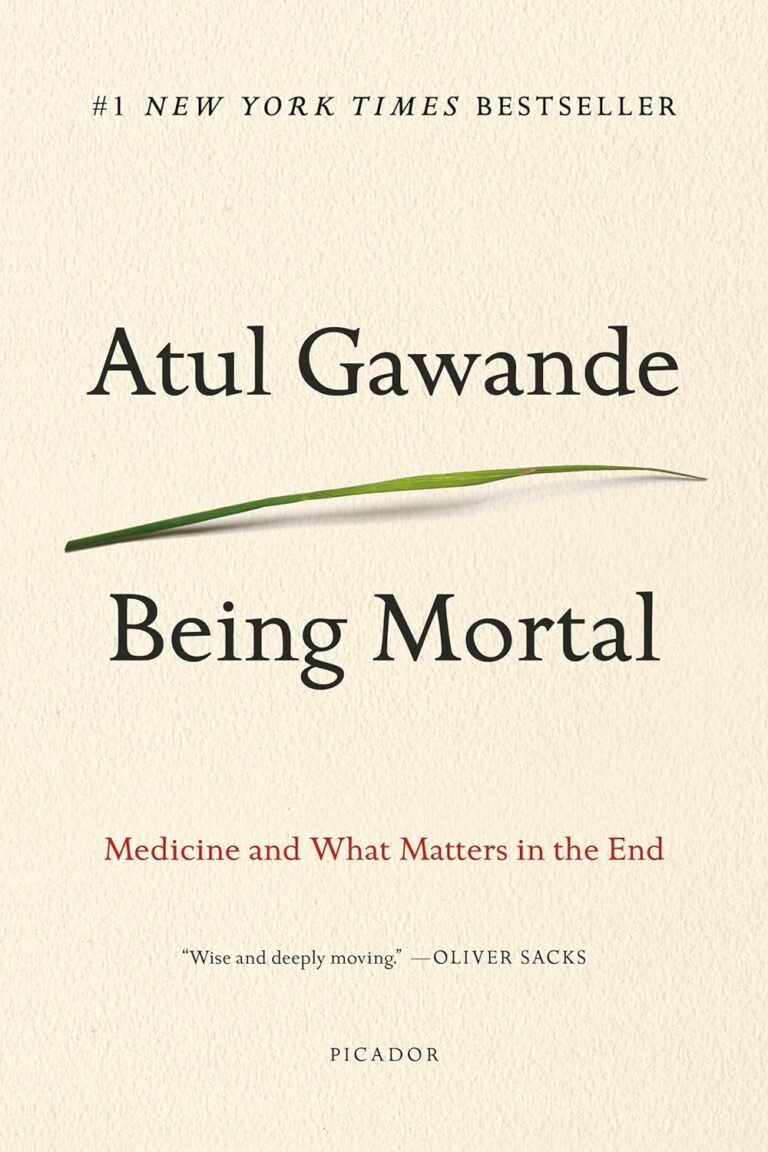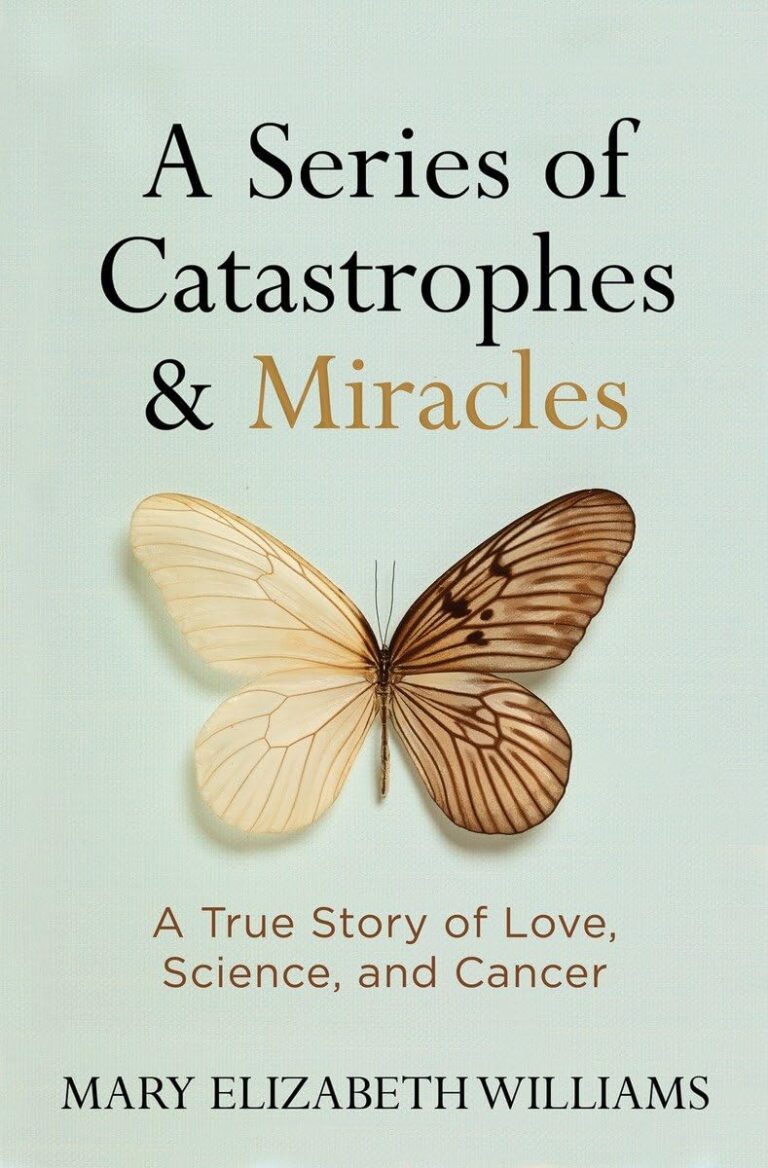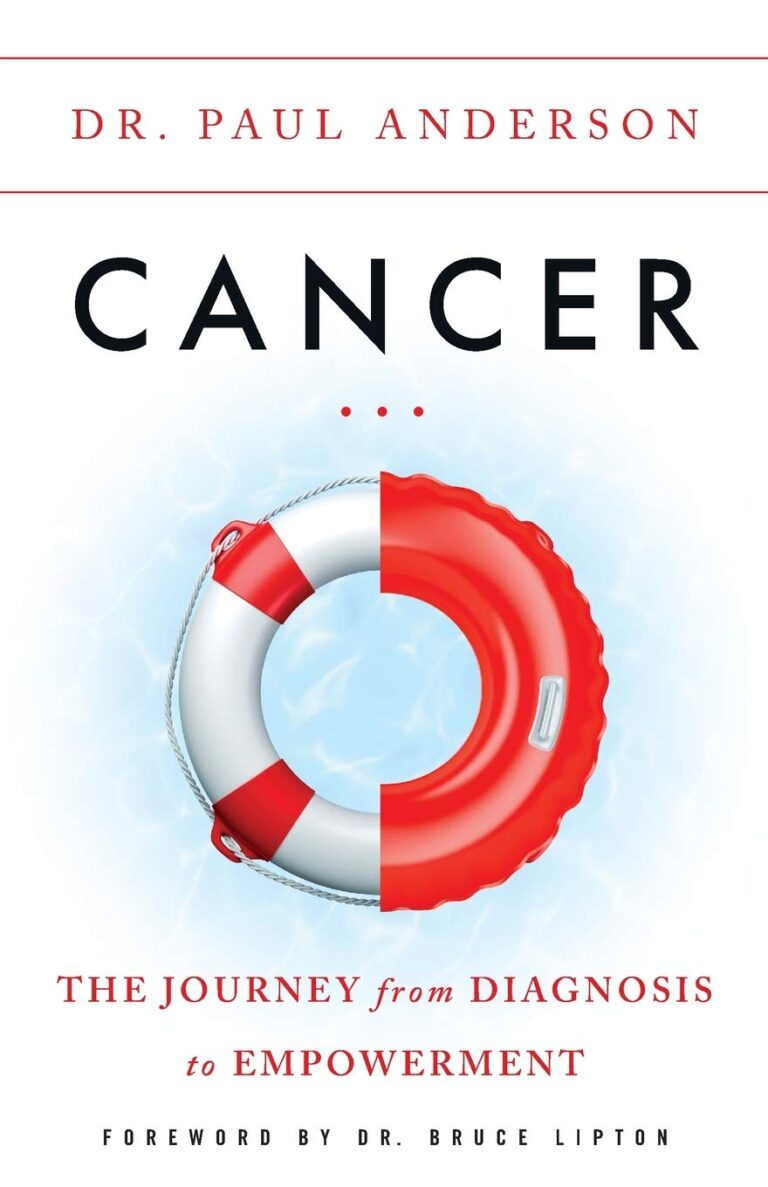
As our medical knowledge base continues to grow, our understanding of complex biological markers such as the carbohydrate antigen 19-9 (CA 19-9) continues to evolve. This specific biomarker plays an essential role in diagnosing and monitoring certain types of cancer, particularly pancreatic cancer. This article aims to shed light on this essential biomarker, its significance, and its future potential in cancer detection and treatment.
In the following sections, we will explore the acronym CA 19-9, understand its role as a tumor marker, delve into its association with specific cancers, and shed light on how testing for this marker works. Moreover, we’ll look at how test results influence treatment planning and discuss possible limitations of CA 19-9 tests.
Decoding the Acronym: CA 19-9
Full Form and Origin of CA 19-9
CA 19-9, an abbreviation for Carbohydrate Antigen 19-9, is a complex sugar structure found on the surface of cells. It was first identified in the late 1970s by scientists studying the antigenic properties of colorectal and pancreatic cancer cells.
The Role and Impact of CA 19-9 in the Medical Field
CA 19-9 has a crucial role in the medical field as a biomarker or ‘tumor marker’. When found in significant amounts in the blood, it can signal the presence of certain types of cancer, prompting further investigation and early diagnosis, and potentially improving patient outcomes.
Understanding the Use of CA 19-9 as a Tumor Marker
The Definition of a Tumor Marker
A tumor marker is a substance found in the body that may be elevated in certain situations, such as the presence of cancer. When utilized correctly, these markers can provide valuable information about diagnosis, prognosis, and the response to treatment.
How is CA 19-9 Used as a Tumor Marker?
CA 19-9 is proficiently used as a tumor marker, primarily for pancreatic cancer. When present in high concentrations, CA 19-9 can indicate the existence or recurrence of pancreatic cancer. Moreover, it assists in gauging the effectiveness of a given treatment and could potentially portend the disease’s progression.
Get to know us better
If you are reading this, you are in the right place – we do not care who you are and what you do, press the button and follow discussions live

The Connection Between CA 19-9 and Specific Cancers
The Association of CA 19-9 with Pancreatic Cancer
CA 19-9 is most closely associated with pancreatic cancer. Elevated levels of this biomarker are often detected in individuals diagnosed with pancreatic cancer. As such, this marker is frequently used for diagnosis, monitoring the treatment response, and detecting possible recurrence.
Other Types of Cancer Detected through CA 19-9
Alongside its indication for pancreatic cancer, high levels of CA 19-9 can also be detected in colorectal, stomach, bile duct, and gallbladder cancers, among others. However, these are less common, and the primary focus remains on pancreatic cancer.
The Process of Testing for CA 19-9
CA 19-9 Test: A Comprehensive Guide
CA 19-9 test is a simple blood test. A sample of blood is drawn, typically from a vein in the arm, and then analyzed to measure the levels of CA 19-9. The test doesn’t require special preparation, and it usually takes only a few minutes to complete.
Understanding the Test Results: Normal and Abnormal Levels
Normal levels of CA 19-9 in the blood are generally below 37 units per milliliter (U/mL). Elevated CA 19-9 levels often suggest the existence of certain cancers, but can also be seen in noncancerous conditions like liver and gallbladder diseases.
The Significance of CA 19-9 Test Results in Treatment Planning
How CA 19-9 Levels Guide Clinical Decision Making
CA 19-9 levels offer valuable insight to clinicians. They can guide clinical decision making by helping to confirm a diagnosis, monitor treatment effectiveness, and detect potential disease recurrence. However, it’s important to remember that this marker is only one piece of the puzzle and must be considered within the context of other diagnostic information.
CA 19-9 Test Results: Predicting Prognosis and Monitoring Treatment
In cases of pancreatic cancer, CA 19-9 test results provide information about the prognosis. Higher levels suggest a more aggressive disease and a less favorable prognosis. During treatment, decreasing levels often indicate a positive response, while increasing levels may suggest disease progression or recurrence.
Possible Limitations and Accuracy Concerns of CA 19-9 Tests
Debunking Misconceptions About CA 19-9
Despite its usefulness, CA 19-9 is not a standalone diagnostic tool for cancer. Elevated levels can also be seen in benign diseases, and not all cancer patients present with high CA 19-9 levels. It should therefore be used in conjunction with other diagnostic methods.
When CA 19-9 Test Results May Not be Reliable
It’s important to note that CA 19-9 test results may not always be reliable. Age, genetic factors, and the existence of other diseases can all impact CA 19-9 levels in the body, potentially skewing the results. For instance, individuals with cystic fibrosis routinely have elevated CA 19-9 levels unrelated to cancer.
Conclusion
Recap of Key Information about CA 19-9
CA 19-9, recognized as a valuable biomarker in the medical field, has ushered in new possibilities for cancer diagnosis and treatment, particularly for pancreatic cancer. Despite its benefits, it’s imperative to understand that its use should be incorporated with other diagnostic procedures to ensure accuracy.
Future Perspectives of CA 19-9 in Cancer Detection and Treatment
The search for effective biomarkers in cancer is ongoing, and CA 19-9 continues to play a central role in our understanding of pancreatic cancer. Future research is expected to elucidate more about this essential marker and could lead to innovative strategies that improve early detection, prognosis evaluation, and treatment of pancreatic cancer, and potentially other cancers as well.
FAQ
- What does a high level of CA 19-9 indicate?
A high level of CA 19-9 in the blood could indicate the presence of certain cancers, particularly pancreatic cancer. However, elevations can also occur due to benign diseases.
- Can CA 19-9 be used to detect other diseases apart from cancer?
Yes, elevated CA 19-9 levels can also occur in conditions like liver and gallbladder diseases, cystic fibrosis, and certain gastrointestinal diseases.
- How accurate is the CA 19-9 test?
The accuracy of the CA 19-9 test can vary based upon individual factors. While it’s helpful in diagnosing and monitoring pancreatic cancer, it should not be used as a standalone diagnostic tool.
- Can a person with normal CA 19-9 levels still have cancer?
Yes, it’s possible. Not all cancer patients, even those with pancreatic cancer, will have elevated CA 19-9 levels. Hence, normal levels do not necessarily rule out cancer.
- Should people without symptoms get tested for CA 19-9?
Routine testing for CA 19-9 is not recommended unless there’s a high risk of developing pancreatic or other associated cancers based on family history or identified genetic mutations.

















Comments
Thank you. Comment sent for approval.
Something is wrong, try again later